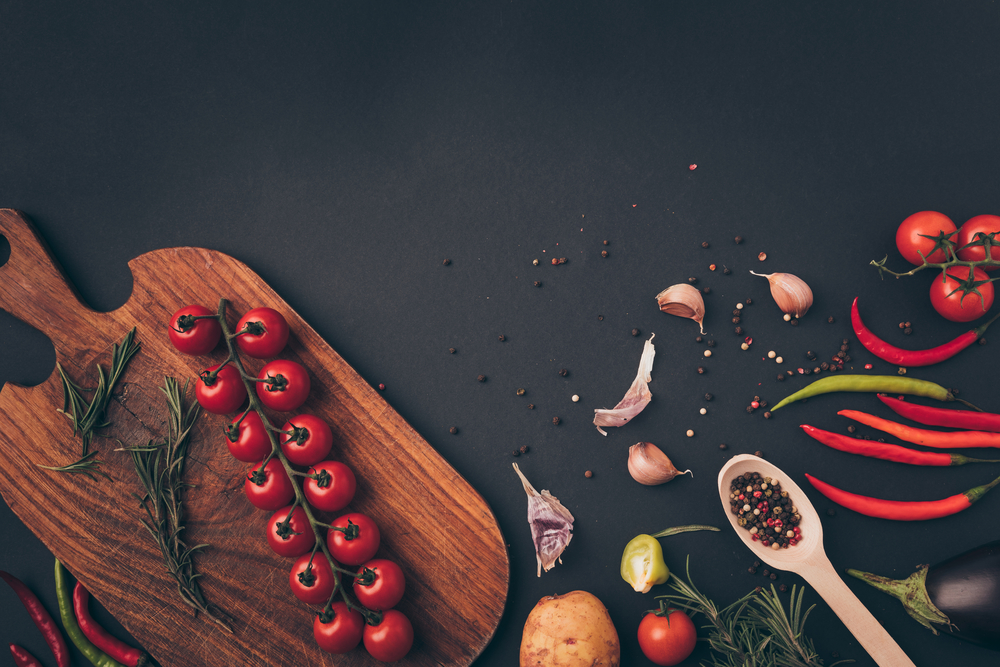

Everyone needs to eat, but the way we’re doing it is wreaking ecological havoc. You’ve probably heard about how cows burp methane; sprawling farms eat up land that could otherwise be preserved for wildlife; and most crops are themselves fed a steady diet of mined phosphorus.
But what’s an average eater to do? Going cold turkey on meat is certainly possible. Ditto on other animal byproducts, from eggs to milk. Vegetarians and vegans are thriving—and even weight-lifting at elite levels. But maybe that’s not for you.
This week, 37 researchers from around the world published a new dietary recommendation in the journal The Lancet Planetary Health. It promises to be good for your health, and good for the globe, but doesn’t eliminate entire categories of food the way veganism does.
To feed 10 billion people by 2050 without further damaging the planet, the authors argue, we each need to limit our daily consumption of key foodstuffs. On a 2,500 calorie a day diet, that shakes out to just 40 calories of tubers, 80 calories from vegetables and 126 from fruits, 153 from milk products (whether that’s a cup of milk or cheese), 15 calories each of lamb and pork, 40 calories of fish, 60 calories of chicken, and one-fourth of an egg a day. The majority of your diet, then, would come from whole grains (811 calories), nuts and legumes (575 calories), and oils (roughly 450 calories). Depending on your needs—everyone’s ideal calorie count is different according to age, sex, and physical activity—each allotment could shift up or, more likely, down.

The diet outlined here would be restrictive in the most literal sense of the word. But following such a diet would ensure everyone access to a veritable cornucopia of fresh foods—just in moderation. “There’s tremendous variety there,” Walter Willett, the study’s lead author, told the BBC. “You can take those foods and put them together in thousands of different ways. We’re not talking about a deprivation diet here, it is healthy eating that is flexible and enjoyable.”
Getting everyone to adhere to the plan would be impossible. People have food allergies and intolerances. Religious customs dictate the diets of billions. And, as always, the most environmentally-friendly food is generally that which is closest to you. But that’s exactly why limiting the amount of animal products you consume, if you can, is such a great idea: your individual choices can make up for others who can’t or don’t want to adhere to a more ecologically beneficial meal plan.
And if you’re still skeptical, just know, even dinosaurs ate mostly salad.
For more PopSci coverage on designing a healthy diet—for yourself and for Earth—check out:
- How to eat vegetables this winter without increasing your carbon footprint
- Experts just ranked the best diets, and their choices will probably surprise you
- How your dog could go vegan and still stay healthy
- Charted: Here’s how much your food waste hurts the environment
- Ancient hunter-gatherers didn’t all eat paleo
- Why plant protein is better for you than animal protein
- Carbon emissions are sucking the nutrition out of our food
- One-fifth of Americans are responsible for half the country’s food-based emissions
- Is it actually healthy to stop eating red meat?
- Stop pretending that all Americans could ever go vegan
- If everyone became vegetarian, would the planet actually be better off?
